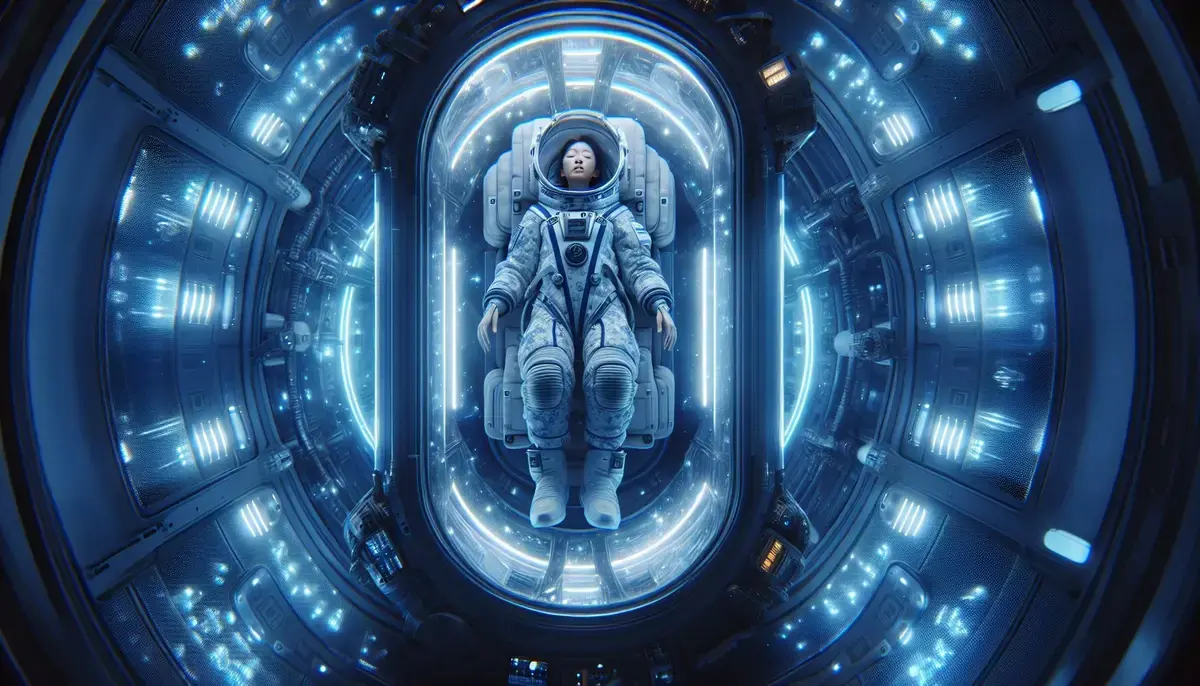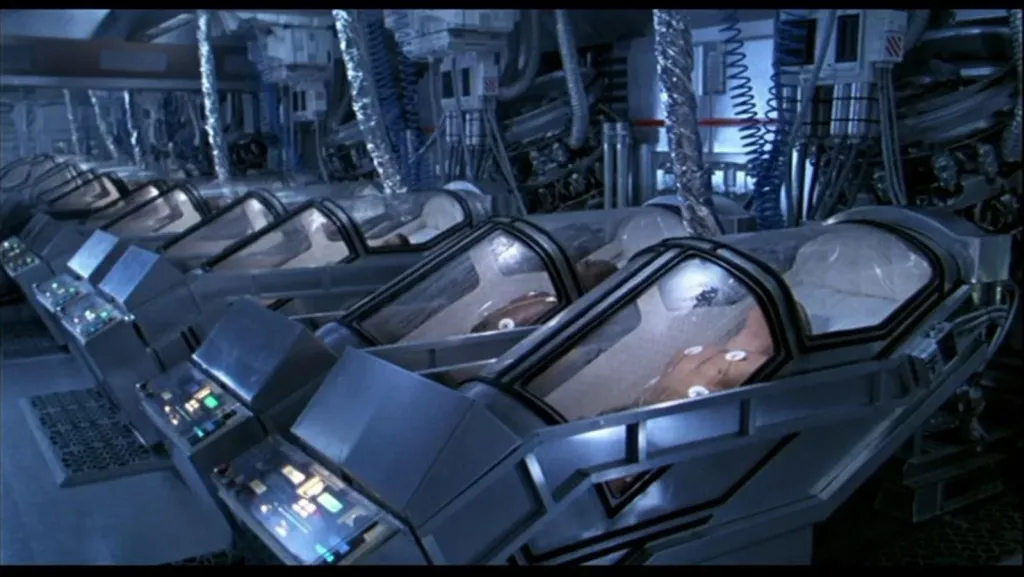
As an important step towards creating the conditions for human missions to Mars and beyond, NASA has chosen deep sleep technology for development. The Studying Torpor in Animals for Space-health in Humans (STASH) experiment, developed by researchers from Fauna Bio Inc. aims to study the possibility of inducing “torpor” in humans to reduce health risks associated with long-duration spaceflight.
Rapture is a state of deep metabolic slowdown, usually observed in hibernating animals, which allows them to conserve energy and survive in difficult environmental conditions. STASH will study the possibility of inducing numbness in humans to reduce the harmful effects of microgravity, space radiation and isolation on the body.

Initially, the experiment will be conducted on rodents, which will be kept in chambers at temperatures as low as 4° to induce numbness. Monitoring oxygen consumption, body temperature, and heart rate in real time will provide valuable information about the physiological effects of numbness in humans.
If successful, STASH could make a breakthrough in manned spaceflight, allowing astronauts to go on longer and more ambitious missions. Hibernation will help maintain crew health, reduce the need for resupply, and minimize the impact of cramped living conditions and waste disposal problems.

